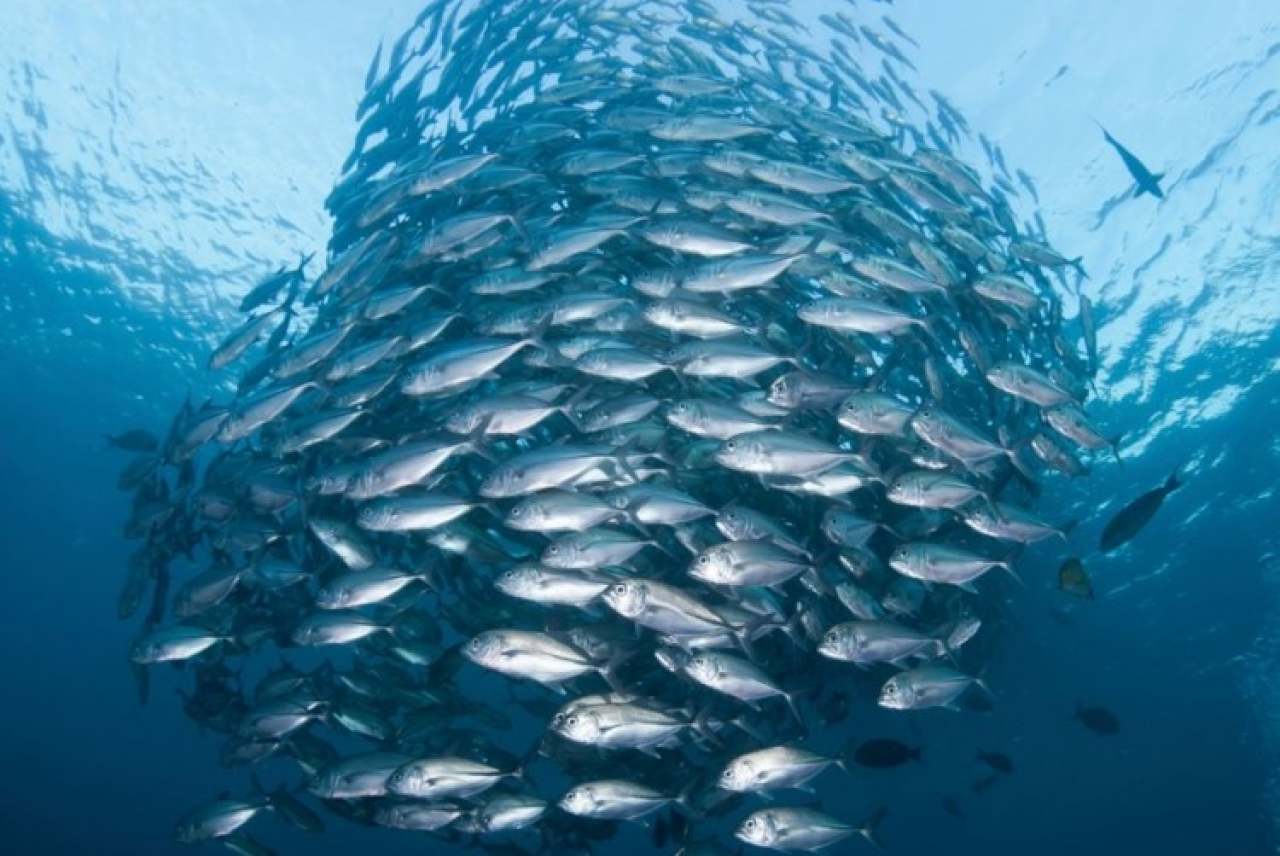The Marine Stewardship Council (MSC) is a UK-based charity which operates an eco-labelling scheme often described as the ‘gold standard’ for sustainable seafood. The MSC may be a more reliable indicator of sustainability than rival seafood accreditation schemes but scratch the surface and it is not clear that the MSC’s reputation stands up to scrutiny.
An ‘ecolabel’ which certifies, for example, dredge and trawl fisheries and fisheries where shark finning takes place – is that really what a sustainability-conscious consumer would expect?
As such, the MSC is facing increasing questioning, including during a recent inquiry by the UK Parliament’s Environmental Audit Committee (EAC), as to why these practices are still permitted under its Standard.
It is unrealistic to expect every consumer to have a detailed understanding of the complexities of fisheries science, of different fishing methods or the current state of stocks around the world. However, a growing number of consumers do want to make more environmentally sustainable choices and the role of the MSC scheme must be to guide them.
The MSC therefore has to crack down on loopholes and be proactive in preventing poor certifications which threaten to undermine the whole scheme. It must ensure that retailers or consumers picking up products carrying the blue tick can be 100% sure that they are not unknowingly endorsing unsustainable practices.
Fishing activities exist on a spectrum of sustainability, influenced by various contextual factors, and it is not as simple as saying X is sustainable but Y is not. Therefore, ever since the MSC’s creation, there has been continual debate regarding the level at which the bar for sustainability is set.





